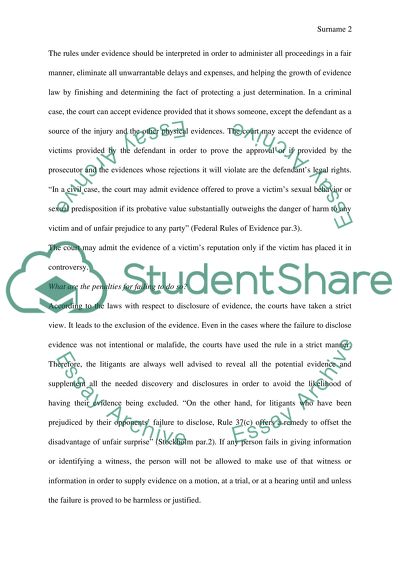Cite this document
(“Evidence Research Paper Example | Topics and Well Written Essays - 1250 words”, n.d.)
Retrieved de https://studentshare.org/law/1471215-evidence
Retrieved de https://studentshare.org/law/1471215-evidence
(Evidence Research Paper Example | Topics and Well Written Essays - 1250 Words)
https://studentshare.org/law/1471215-evidence.
https://studentshare.org/law/1471215-evidence.
“Evidence Research Paper Example | Topics and Well Written Essays - 1250 Words”, n.d. https://studentshare.org/law/1471215-evidence.


